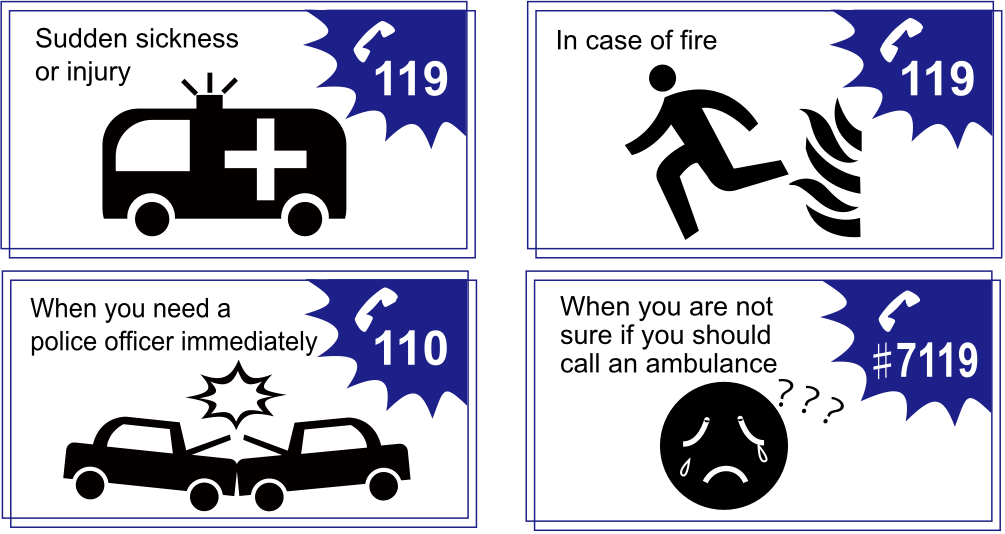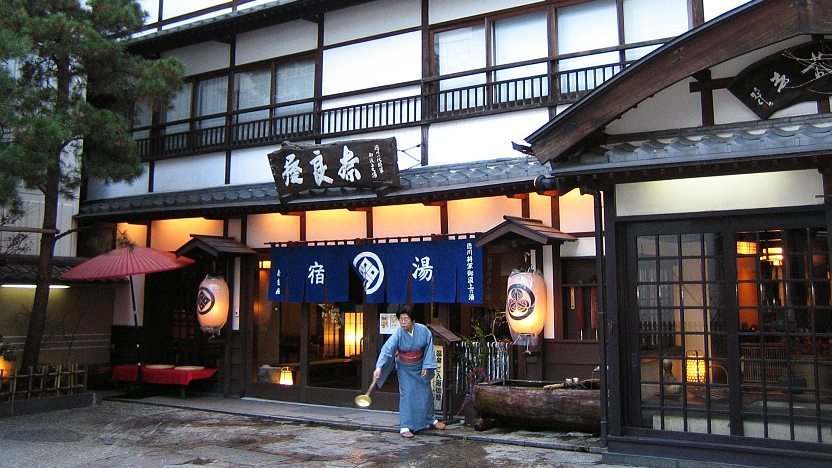Here are more basic Japanese phrases that can be helpful during your travels:
Greetings and Common Phrases
- Good morning: おはようございます (Ohayou gozaimasu)
- Good evening: こんばんは (Konbanwa)
- Good night: おやすみなさい (Oyasumi nasai)
- Goodbye: さようなら (Sayounara)
- See you later: またね (Mata ne)
- Nice to meet you: はじめまして (Hajimemashite)
- How are you?: お元気ですか? (Ogenki desu ka?)
- I’m fine, thank you: 元気です、ありがとうございます (Genki desu, arigatou gozaimasu)
Directions and Transportation
- Where is the train station?: 駅はどこですか? (Eki wa doko desu ka?)
- How much is it?: いくらですか? (Ikura desu ka?)
- I’d like to go to…: …に行きたいです (…ni ikitai desu)
- Is this the right way?: この道で合っていますか? (Kono michi de atteimasu ka?)
- Please take me to…: …までお願いします (…made onegaishimasu)
Shopping and Dining
- Can I have the menu, please?: メニューをお願いします (Menyuu o onegaishimasu)
- I’ll have this: これをください (Kore o kudasai)
- Check, please: お会計お願いします (Okaikei onegaishimasu)
- Do you have an English menu?: 英語のメニューはありますか? (Eigo no menyuu wa arimasu ka?)
- Can I try this on?: これを試着できますか? (Kore o shichaku dekimasu ka?)
Emergencies
- Help!: 助けて! (Tasukete!)
- Call the police: 警察を呼んでください (Keisatsu o yonde kudasai)
- I need a doctor: 医者が必要です (Isha ga hitsuyou desu)
- I’m lost: 道に迷いました (Michi ni mayoimashita)
- Where is the hospital?: 病院はどこですか? (Byouin wa doko desu ka?)
Accommodation
- Do you have any vacancies?: 空室はありますか? (Kuushitsu wa arimasu ka?)
- I have a reservation: 予約があります (Yoyaku ga arimasu)
- Can I check in?: チェックインできますか? (Chekku in dekimasu ka?)
- What time is breakfast?: 朝食は何時ですか? (Choushoku wa nanji desu ka?)
- Can you call a taxi?: タクシーを呼んでください (Takushii o yonde kudasai)
Numbers
- One: 一 (Ichi)
- Two: 二 (Ni)
- Three: 三 (San)
- Four: 四 (Shi/Yon)
- Five: 五 (Go)
- Six: 六 (Roku)
- Seven: 七 (Shichi/Nana)
- Eight: 八 (Hachi)
- Nine: 九 (Kyuu/Ku)
- Ten: 十 (Juu)
Useful Expressions
- Yes: はい (Hai)
- No: いいえ (Iie)
- Maybe: 多分 (Tabun)
- I don’t understand: わかりません (Wakarimasen)
- Please speak slowly: ゆっくり話してください (Yukkuri hanashite kudasai)
- Can you repeat that?: もう一度お願いします (Mou ichido onegaishimasu)
- What is this?: これは何ですか? (Kore wa nan desu ka?)
- Excuse me (to get attention): すみません (Sumimasen)
- I’m sorry: ごめんなさい (Gomennasai)
Learning a few key phrases can greatly enhance your travel experience and help you connect with locals. Enjoy your trip to Japan!
:max_bytes(150000):strip_icc()/GettyImages-882999196-5bbb85e146e0fb00267d4a86.jpg)






Comments
Post a Comment